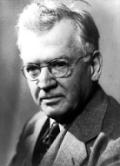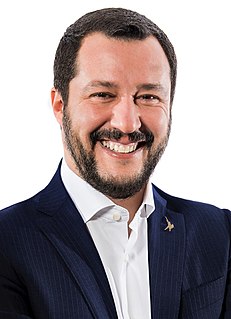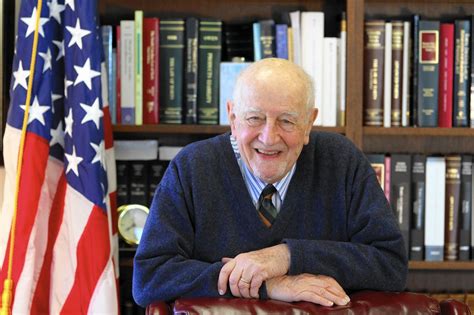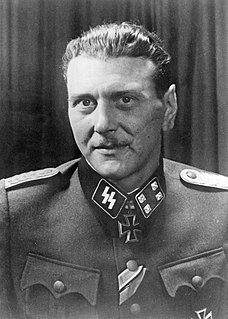A Quote by Christopher Hitchens
Benito Mussolini had barely seized power in Italy before the Vatican made an official treaty with him, known as the Lateran Pact of 1929. Under the terms of this deal, Catholicism became the only recognized religion in Italy, with monopoly powers over matters such as birth, marriage, death, and education, and in return urged its followers to vote for Mussolini's party. Pope Pius XI described II Duce (“the leader”) as “a man sent by providence.”
Related Quotes
I think in many ways, the Spanish Civil War was the first battle of World War II. After all, where else in the world at this point did you have Americans in uniform who were being bombed by Nazi planes four years before the U.S. entered World War II? Hitler and Mussolini jumped in on the side of Francisco Franco and his Spanish nationalists, sent them vast amounts of military aid, airplanes, tanks - and Mussolini sent 80,000 ground troops as well - because they wanted a sympathetic ally in power. So I think it really was the opening act of World War II.
Hitler did not have Mussolini's revolutionary socialist background... Nevertheless, he shared the socialist hatred and contempt for the 'bourgeoisie' and 'capitalism' and exploited for his purposes the powerful socialist traditions of Germany. The adjectives 'socialist' and 'worker' in the official name of Hitler's party ('The Nationalist-Socialist German Workers' Party') had not merely propagandistic value... On one occasion, in the midst of World War II, Hitler even declared that 'basically National Socialism and Marxism are the same.'


































